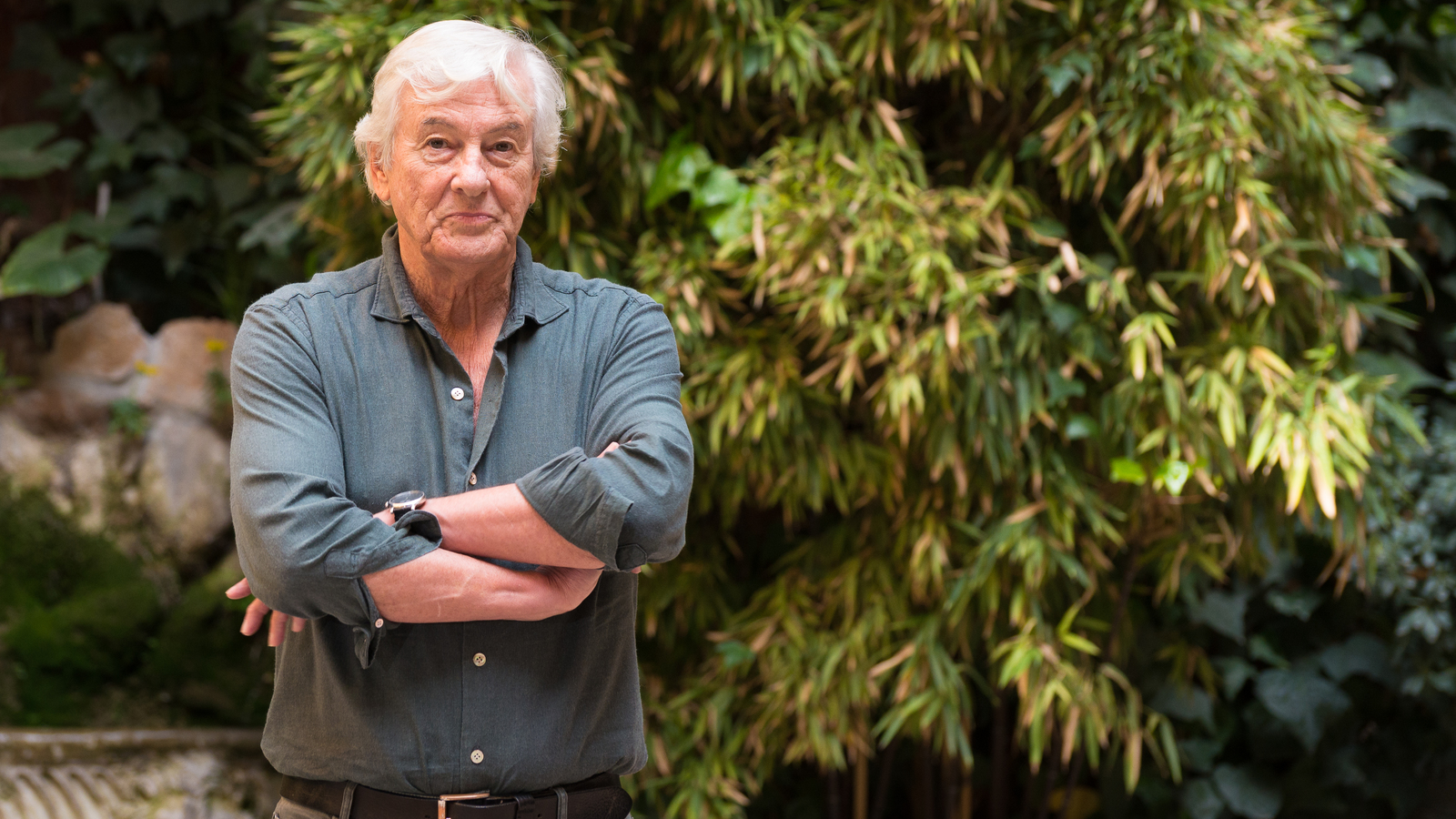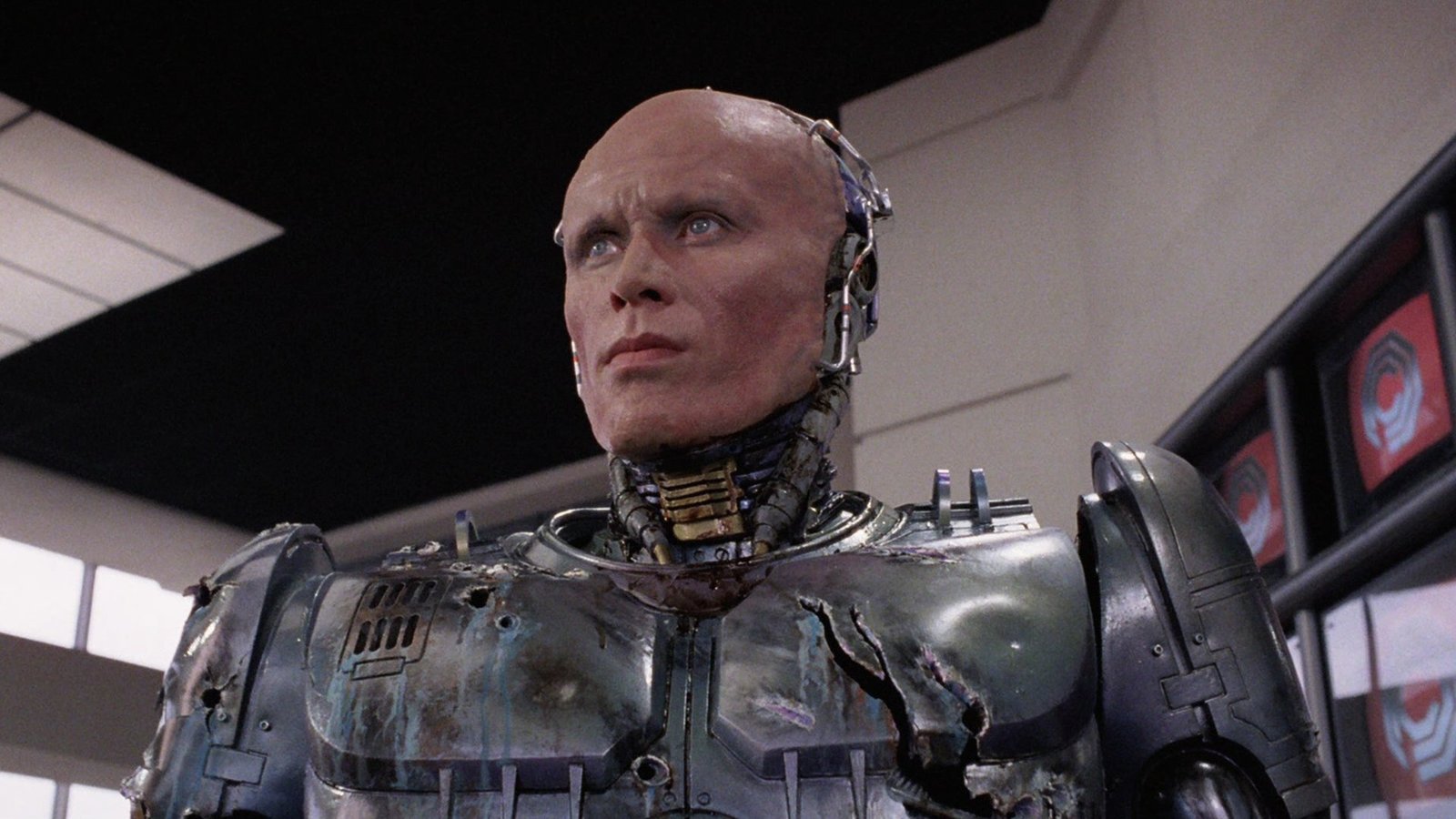
How filmmaker Paul Verhoeven brought excess of '80s Hollywood to climax

Hollywood was on a wild sex and violence kick in the 1980s, treating audiences to the mutilating spectacle of slasher films, the titillating viciousness of erotic thrillers and the sadistic jingoism of one-man-army fantasies. They offered a safe escape from an increasingly puritanical outside world; moviegoers could indulge their socially proscribed appetites and fetishes under the guise of legit entertainment.
1980s Hollywood was heaven for Paul Verhoeven.
Already an internationally acclaimed filmmaker on the strength of “Soldier of Orange” (1977), "Spetters" (1980) and “The 4th Man” (1983), Verhoeven was at once alive to violent delights and, having been raised in Nazi-occupied The Hague during World War II, coarsened to them.
“I grew up among bombing and deaths and hunger and starving and dead people and blood,” he told The Hollywood Reporter in 2016. "If you believe in the Freudian explanation for things, you would say that, growing up in a world that's continually in flames, you [develop] the feeling that that's the way the world is.”

Verhoeven, who turns 80 on July 18, finally gave in to Hollywood’s overtures in the mid-1980s and brought America’s obsession with sex and violence to a sweaty, shivering climax with three of the most tonally audacious and skillfully crafted studio movies ever made. “RoboCop” (1987), “Total Recall” (1990) and “Basic Instinct” (1992) would’ve been little more than luridly entertaining programmers in the hands of a hack, but Verhoeven, invigorated by the vast resources of big-budget filmmaking, transformed them into kinkily cathartic critiques of capitalism, fascism and sexual conservatism — all while delivering the visceral, crowd-pleasing goods.
“RoboCop” was underestimated every step of the way due to its risible title. Verhoeven was going to pass until his wife urged him to give Edward Neumeier and Michael Miner’s script a second read, at which point the longtime Jesus Christ scholar hooked into Murphy’s messianic journey (“I wanted to show Satan killing Jesus,” he said). Taking a cue from “Citizen Kane,” “RoboCop” artfully dispenses with loads of exposition via a fake newscast — and, in many ways, it’s as pivotal to the development of the big-screen superhero movie as Orson Welles’s classic was to the entire motion picture medium. It’s a rousingly cynical masterpiece, skewering America’s worst fascist impulses while delighting in them. Verhoeven insists the film is not a satire, but rather a non-judgmental reflection of American life. “I see it, and I want to portray it,” he says.

Verhoeven lacked the element of surprise with “Total Recall,” a mega-budget sci-fi action flick starring one of the biggest movie stars on the planet and based on what many considered one of Hollywood’s best unproduced screenplays. Audiences expected to have their minds blown, and Verhoeven emphatically delivered with a visually stunning and stunningly gory blockbuster (like “RoboCop,” it had to be trimmed to avoid an X rating). The excessive violence got Verhoeven in trouble this time, particularly a scene in which Schwarzenegger callously uses a dead innocent bystander as a human shield. In Verhoeven’s defense, audiences laughed at and applauded Schwarzenegger’s messy ingenuity.
Verhoeven’s Hollywood run peaked with the deliriously garish and unabashedly vicious “Basic Instinct.” Making the most of its Jan de Bont-lensed San Francisco locations, the Joe Eszterhas-scripted whodunit plays like “Vertigo” on Viagra. The mystery may not make a lick of sense, and the story’s themes might be aggressively muddled, but the film is never less than captivating thanks to Verhoeven’s impeccable craft and, most importantly, Sharon Stone’s iconic femme fatale turn as the mischievous, possibly murderous Catherine Tramell. It’s the ne plus ultra of the erotic thriller genre and a master class in film craft on every conceivable level — save for screenwriting.
Three years later, Verhoeven took his sex-and-violence act to Vegas with “Showgirls” and crapped out with an all-time critical and commercial failure. “Showgirls” may be far better than its dire reputation, but it’s certainly not at the level of the director’s previous three films. Verhoeven rebounded in 1997 with the fascists-in-space satire “Starship Troopers” and turned out a couple of late career triumphs in “Black Book” and “Elle,” but the hitting-on-all-cylinders swagger of those three Hollywood masterpieces will forever stand as one of the great creative runs in film history.
More must-reads:
Trending in Entertainment
Customize Your Newsletter
 +
+
Get the latest news and rumors, customized to your favorite sports and teams. Emailed daily. Always free!

